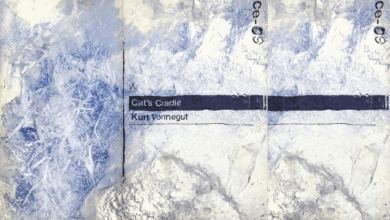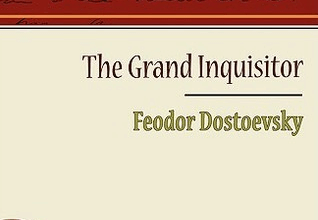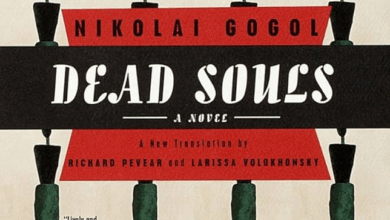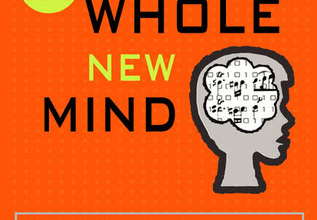The Catcher in the Rye: A Search for Authenticity in a Phony World
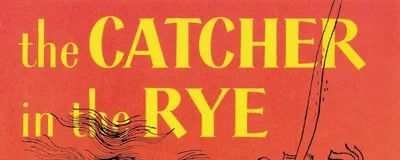
I’ve read The Catcher in the Rye three times, and each time it felt like a diffe
rent book. The first time, I only saw a rebellious teenager running away from school and lashing out at everything around him. The second time, I noticed the grief beneath his sarcasm; a deep wound born of loss and disillusionment. By the third reading, I realized the novel isn’t just about adolescence at all; it’s about authenticity; the desperate search to stay real in a world that keeps asking you to fake it.
Holden Caulfield, for me, isn’t just a confused teenager. He’s a symbol of critical thinking; a mind that refuses to accept anything at face value. He questions, doubts, and rebels against the shallow morality of adults. His favorite insult, “phony,” defines the entire book: a hatred of hypocrisy, pretense, and empty social rituals. But behind that hatred lies a longing; a longing for honesty, for genuine human connection, for the purity he feels the world has lost.
Holden finds that purity only in children. He sees in them the innocence, honesty, and lack of ambition that adults have traded for status and comfort. His sister Phoebe is the emotional center of his world. Every time life becomes unbearable, her presence, her laughter, her unspoiled sincerity keeps him alive. In children, Holden sees the last refuge of truth.
This is where the title of the novel comes to life. Holden dreams of being “the catcher in the rye,” standing in a field of tall grass, saving children who run too close to a cliff. That cliff, of course, is the fall into adulthood; a fall into corruption, conformity, and moral decay. He wants to protect others from the same fall that already broke him.
When J.D. Salinger wrote this book in 1951, postwar America was booming on the surface but spiritually adrift. The world was full of comfort yet empty of meaning. Holden became the voice of that hidden emptiness — a young man who has everything but no reason to care. The novel became a mirror for anyone who has ever looked around and wondered why everything feels fake.
One of the most brilliant features of The Catcher in the Rye is that Holden is an unreliable narrator. He admits his confusion, contradicts himself, and often tells us he might be wrong. The entire story is told from a rest home or psychiatric clinic, suggesting that what we’re reading might be his attempt at self-healing. And yet, precisely because he’s unreliable, we trust him. His honesty about being lost makes him more real than anyone else in the book.
At its heart, Holden’s journey is about grief. The death of his younger brother Allie shattered his faith in life. That loss divided the world in two: the pure world of childhood that’s gone forever, and the dirty world of adults that he can’t stand. He’s stuck between them; too old to go back, too broken to move forward.
Salinger’s writing style perfectly matches Holden’s fractured mind. The language is full of repetitions, digressions, half-thoughts, and outbursts. It sounds casual, but it’s masterfully precise; the voice of someone thinking aloud, fighting to stay honest in his confusion. It was revolutionary at the time: for the first time in modern literature, a teenager’s voice sounded real, unfiltered, human.
But the story of the book doesn’t end on the page. Salinger never allowed it to be made into a film. Hollywood studios begged, offering fortunes, but he refused every offer. He believed the essence of The Catcher in the Rye lived in its language, in the rhythm of Holden’s voice. To film it, he said, would be to destroy its soul — because once you cast an actor as Holden, the character becomes exactly what Holden despised: phony. Salinger’s refusal wasn’t arrogance; it was fidelity to the book’s own philosophy. He wanted to protect its authenticity from the machinery of entertainment.
The more you read The Catcher in the Rye, the more you realize it isn’t a story about rebellion; it’s a spiritual journey. Over a few chaotic days in New York, Holden wanders through loneliness, anger, guilt, and fleeting moments of grace. When, at the end, he says, “I miss them all,” it’s not nostalgia — it’s acceptance. He begins to understand that life isn’t divided neatly between the pure and the corrupt; that love and disappointment, truth and illusion, all coexist inside us.
For me, The Catcher in the Rye is about sensitivity in an indifferent world. It’s about the fragile balance between sincerity and survival; how to stay awake in a world that keeps trying to lull you into conformity. Holden Caulfield embodies that struggle: someone who’d rather be lonely and misunderstood than fake and comfortable.
Each time I return to the novel, I find something new; not just in Holden, but in myself. Maybe that’s why the book endures. We all have a small Holden inside us: the part that’s tired of lies, nostalgic for lost innocence, and still hopes, against all odds, that someone might catch us before we fall.
